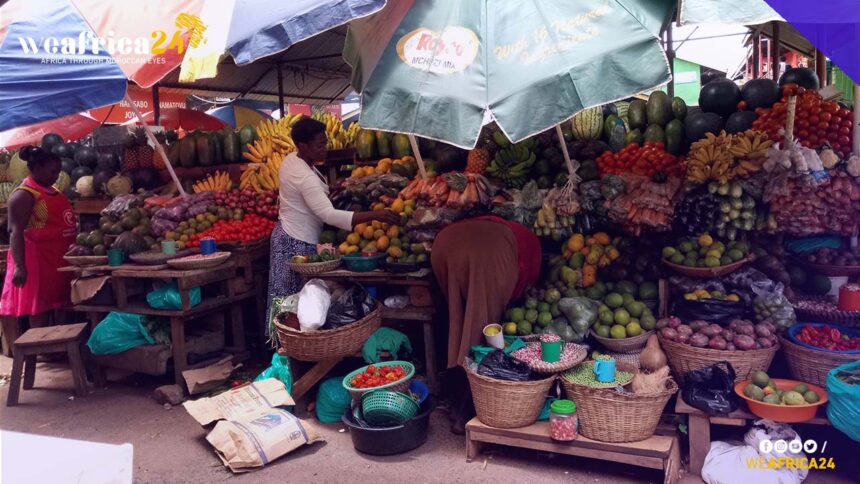The government’s anticipated tax earnings for the first half of the financial year, ending June 30, have fallen short by Shs94.8 billion, primarily due to a slower-than-expected rebound in economic activities and government spending. According to the recently passed Appropriations Bill, the government collected Shs11.6 trillion, falling slightly short of the projected Shs11.7 trillion.
The House report attributes this shortfall to the government’s delayed implementation of development projects, resulting in limited releases for development spending during the first quarter. The construction industry, in particular, experienced lower-than-expected income collections, further contributing to the deficit.
Despite these challenges, Parliament remains optimistic that the government is on track to meet its revenue targets for the current financial year. Income taxes, including taxes on employment, business, and property income, performed well, surpassing the projected Shs3.904 trillion with collections reaching Shs3.989 trillion, yielding a surplus of Shs84.7 billion.
While certain areas, such as Pay As You Earn (Paye), casino tax, rental tax, and tax on bank interest, registered surpluses, the corporate income tax fell short due to decreased profitability in transportation, storage, and communication activities, primarily caused by various economic shocks, including inflation and reduced demand.
The construction and transport sectors were particularly affected, with a decline in demand for cement, lower collection of Value Added Tax (VAT) on cement and construction activities, and increased fuel prices impacting the transport and communication industry. Additionally, excise duty and VAT collections experienced deficits, mainly attributed to decreased consumption of commodities like beer, cement, sugar, bank charges, soft drinks, and phone talk time.
Parliament emphasizes the need for further research to understand consumer preferences in relation to alcoholic beverages, as the consumption of spirits increased while beer and soft drink consumption fell short. Rising prices also affected the consumption of cooking oil, and price increases in the beer industry resulted in competition with untaxed illicit alcohol.







